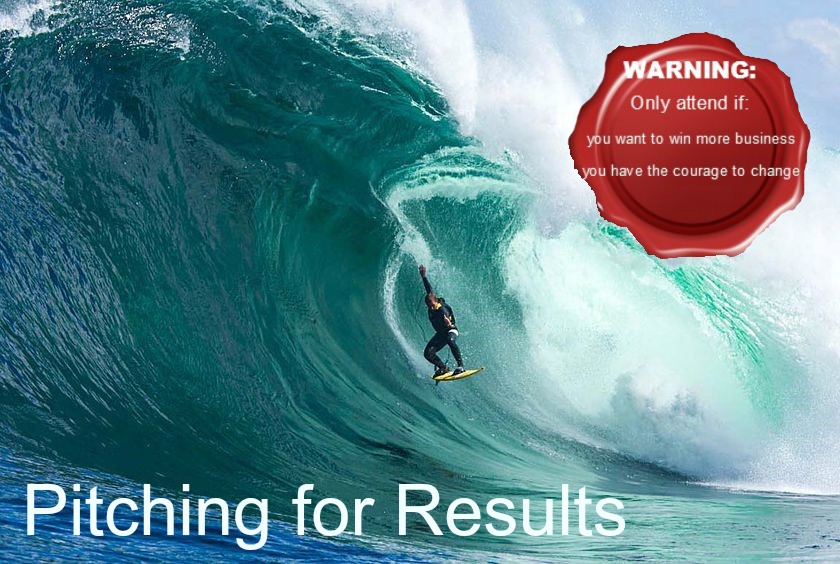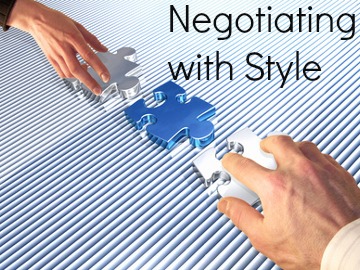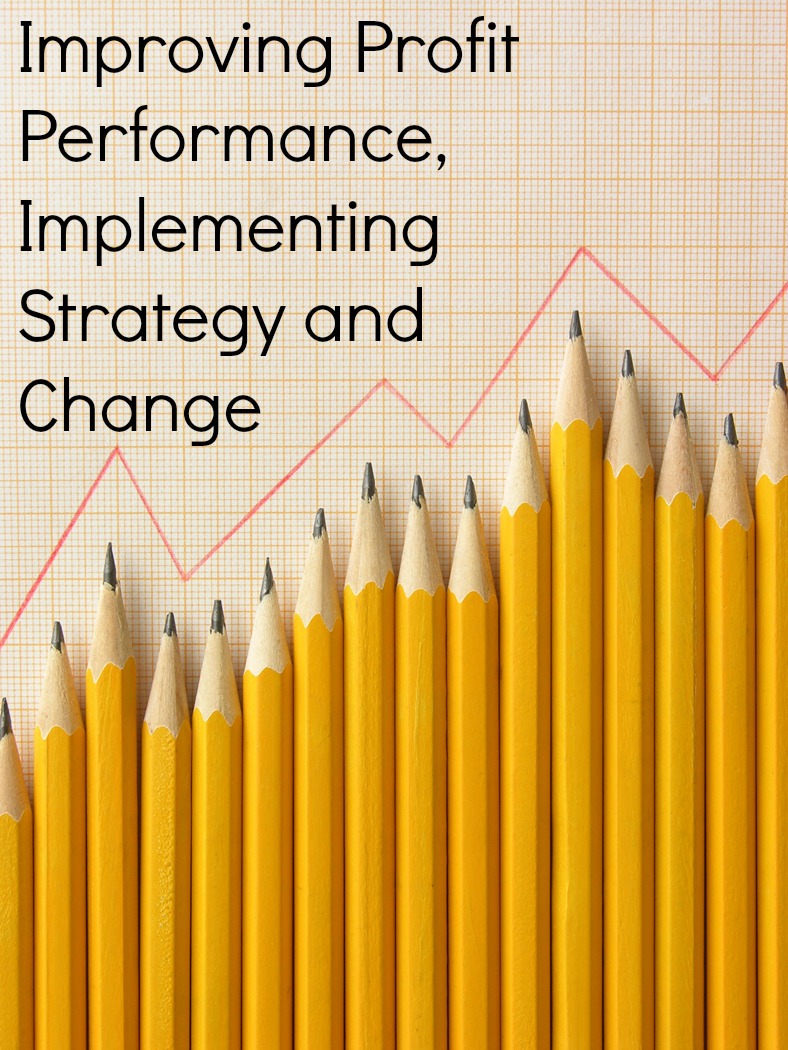Beware of Wolves in Sheep’s Clothing
 Monday, September 16, 2013 at 9:42AM
Monday, September 16, 2013 at 9:42AM By Gary Peacock
Are you interested in improving your Strategic Account Management?
Yes, you are interested in Strategic Account Management. So, then you start to browse the internet and look at websites and potential companies to work with. Companies to improve your current processes or to implement a new process. Beware of companies who I would describe as wolves in sheep’s clothing.
"Well, wolves will pretty rarely hunt. You're vulnerable if you're on your own or injured."
Bear Grylls
So, what does a wolf in sheep’s clothing look like? Well these are companies whose products and services are just to sell products and services. In short, they are sales training companies who have changed the titles of their workshops and consulting, from sales to Strategic Account Management. Simply renaming their services to take advantage of an opportunity in the marketplace.
If someone from one of these companies was beside me as I write this blog, they would argue with me. Typically, they would say “Gary, the skills of selling are useful in Strategic Account Management. That’s why we can offer services to help our customers with Strategic Account Management.”
There is a nugget of truth in this argument. Part of Strategic Account Management is selling your ideas to your strategic accounts and selling your ideas to your organisation to get resources for your strategic account. So, some selling techniques are useful, for example asking good questions and building credibility with the person you are trying to sell an idea to.
However their approach is simply using selling techniques under a new name. This flaw is serious but not fatal. However, there is one fatal flaw to buying from a wolf in sheep’s clothing. When you examine their approach carefully, you will see they frequently set sales targets for products. Also, they frequently talk about products and pitching products. So, their approach is simply high level sales training to sell more products. In short, “this is how you get access to the CEO level to sell more products or a bigger bundle of products”. This is not Strategic Account Management. This will not create more strategic relationships. Typically, a competitor will come in with a bigger discount or bigger rebate at the end of the contract period. So, you can lock in a strategic customer for a while. But competitors can and will be able to wrestle the customer from you.
So, if this is not Strategic Account Management, what is? Well the answer is surprisingly simple. Strategic Account Management is a process not designed to sell more products but to improve the business results of your strategic customers. Just so we are clear, it is not about more sales of your products and it is about more results for your customer.
The most successful Strategic Account Programs are built on this foundation. To build a deep strategic relationship, you need to invest in improving your strategic customer’s results. If you do this for 12 to 18 months and do not gain an obvious benefit from the work you do, it transforms the relationship. Working on improving their business results creates a deep strategic relationship that competitors cannot easily break with bigger discounts or bigger rebates. This transforms the relationship because the customers view changes:
- From “ I think this is just a new technique to sell me more products”
- To “I think this supplier is serious about helping me improve my business results in ways that are not just going to increase their sales. I wonder if they can help me with…”
Perhaps this can be summed up best by quoting part of a conversation between a customer and a strategic supplier at a dinner attended by executives from the two companies.
“We see you as a partner not just a preferred supplier.”
“What’s the difference?”
“With preferred suppliers we meet with them long enough to get the biggest discounts. With a partner like you, our executives share our business problems and opportunities with your executives. Then we listen to your market knowledge and work with you on your ideas for new businesses to create more revenue and profit for us.”
If you want to be like this company and transform your relationships into strategic relationships, beware wolves in sheep’s clothing. To find out more about Strategic Account Management click this link: http://www.gordianbusiness.com.au/strategic-account-management/
"That strong mother doesn't tell her cub, Son, stay weak so the wolves can get you.
She says, Toughen up, this is reality we are living in."Lauryn Hill
We would love to hear your views so please add your comments below and subscribe to our blog at the top right of the page. Or contact us to discuss how we can help on +61 (02) 9450 1140 or email gary@gordianbusiness.com.au














